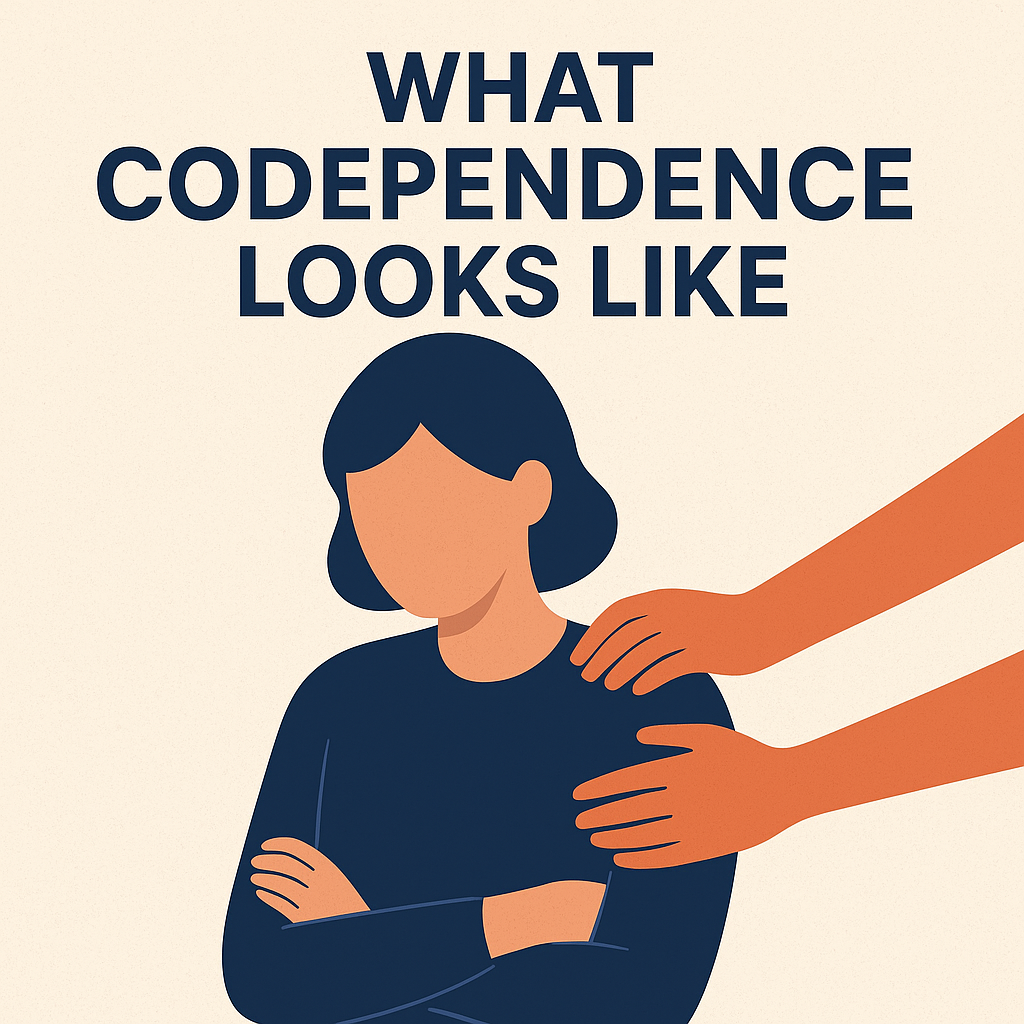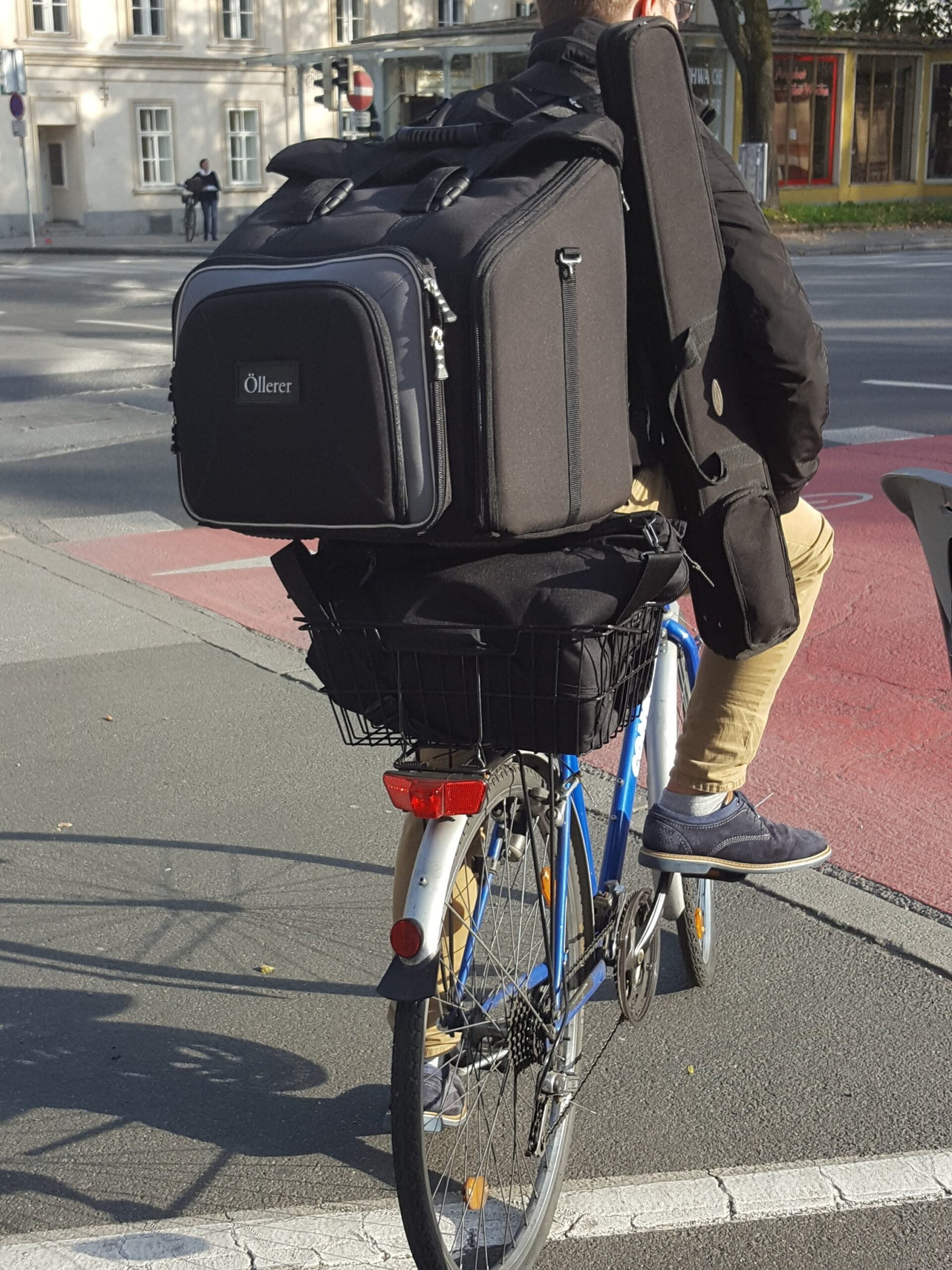
Codependence is one of those conditions that can quietly run your life without you even realizing it. Much like a fish doesn’t know it’s wet, many people swim through life oblivious to the fact that they are trapped in patterns of unhealthy dependence. The first—and most important—step is recognizing it. Without awareness, there’s no change.
From years of observing relationships and human behavior, I can tell you: codependence rarely announces itself loudly. It hides in habits, emotional reflexes, and subtle ways we interact with the world. But there are patterns—five major ones, in fact—that often signal its presence.
1. Self-Esteem That’s Out of Balance
Healthy self-esteem means valuing yourself despite mistakes and flaws. Codependent people often struggle here—sometimes with dangerously low self-worth, believing they are less valuable than others. On the opposite extreme, some display inflated self-esteem, acting as if they’re above everyone else. Then there’s other-esteem—where your sense of worth is tied to external factors like money, possessions, or even your children’s achievements. In every case, your identity rests on shaky ground.
2. Boundaries That Don’t Protect You
Boundaries should protect you from harm and help you respect others. For the codependent, these are often warped. Some have none at all, letting others trample their space or doing the same in return. Others have damaged boundaries, only asserting them inconsistently. Some overcompensate by building walls so thick that no one can get close. And then there are those who swing between walls and total vulnerability, constantly cycling between isolation and overexposure.
3. A Strained Grip on Reality
Your reality is made up of how you look, think, feel, and act. For some with codependence, there’s a refusal—or inability—to fully embrace that reality. Some know their truth but never share it; others are completely disconnected from it, misjudging their appearance, ignoring their feelings, or being unaware of their own actions. It’s like living in a house with covered mirrors—there’s no clear reflection of yourself.
4. Disconnection From Personal Needs and Wants
Healthy adults identify and meet their needs. Codependents often don’t. They may rely entirely on others (too dependent), resist help even when it’s healthy (anti-dependent), remain unaware of their needs altogether, or confuse needs with wants—chasing the wrong solutions to fill the right void.
5. No Sense of Moderation
For the codependent, life tends to swing between extremes. Too much or too little—never balanced. This plays out in how they dress, express emotions, behave socially, or solve problems. A small disagreement might trigger thoughts of ending a marriage, while minor setbacks can lead to explosive or withdrawn reactions.

How Codependence Drains You—and Those Around You
Codependence doesn’t just live in your head—it shapes your relationships, your health, and your sense of self. Think of it as emotional baggage so heavy it knocks into everyone you meet.
Negative Control – You may try to dictate how others should look, think, or behave—or let them dictate yours. Both come from damaged self-esteem and weak boundaries.
Resentment – Anger builds, often toward people who aren’t actually trying to hurt you. But distorted reality makes you believe they are.
Spiritual Disconnection – Some feel unworthy of a higher power; others reject the idea altogether, placing themselves as the ultimate authority.
Escaping Reality – Many turn to alcohol, drugs, or other escapes to numb feelings of worthlessness.
Intimacy Barriers – All five symptoms combine to make deep, healthy connection difficult. You may hide your flaws, judge others harshly, depend entirely on a partner, or refuse to depend on them at all.
The damage doesn’t stop there. Codependence can trigger serious health issues—heart problems, depression, even self-harm. And for parents, the risk is generational: codependent patterns often pass down to children, shaping their relationships before they’re old enough to understand why.
In my opinion, codependence is one of the most underestimated relationship issues we face today. It’s not just a “personality quirk” or a bad habit—it’s a deeply rooted cycle that shapes how you see yourself and the world. Breaking free requires brutal self-honesty, boundary work, and often professional guidance.
The real tragedy? Left unaddressed, codependence doesn’t just harm you—it quietly shapes the lives of everyone in your orbit. Recognizing it could be the most important decision you ever make.





Hello and good day,
Did you know there are hundreds of tax credits and incentives available to business and commercial property owners — many of which go unclaimed?
The average eligible savings exceeds \$100,000.
For a small monthly subscription (based on your business size), we’ll keep you informed of what you qualify for. There’s no upfront cost — GMG will conduct a complimentary Incentive Analysis. If the analysis reveals meaningful benefit, our procurement fees will apply per project or hourly, as outlined in Circular 230.
Let’s explore what’s available to you:
https://www.kristireedstrydeandgmgadvisor.com
Best regards,
Kristi Reed
Stryde & GMG
Senior Advisor
585-706-7721
If you no longer want to receive future emails from us, kindly fill the form at bit. ly/fillunsubform with your domain address (URL).
2066 Rene-Levesque Blvd, Attica, CA, USA, 92521